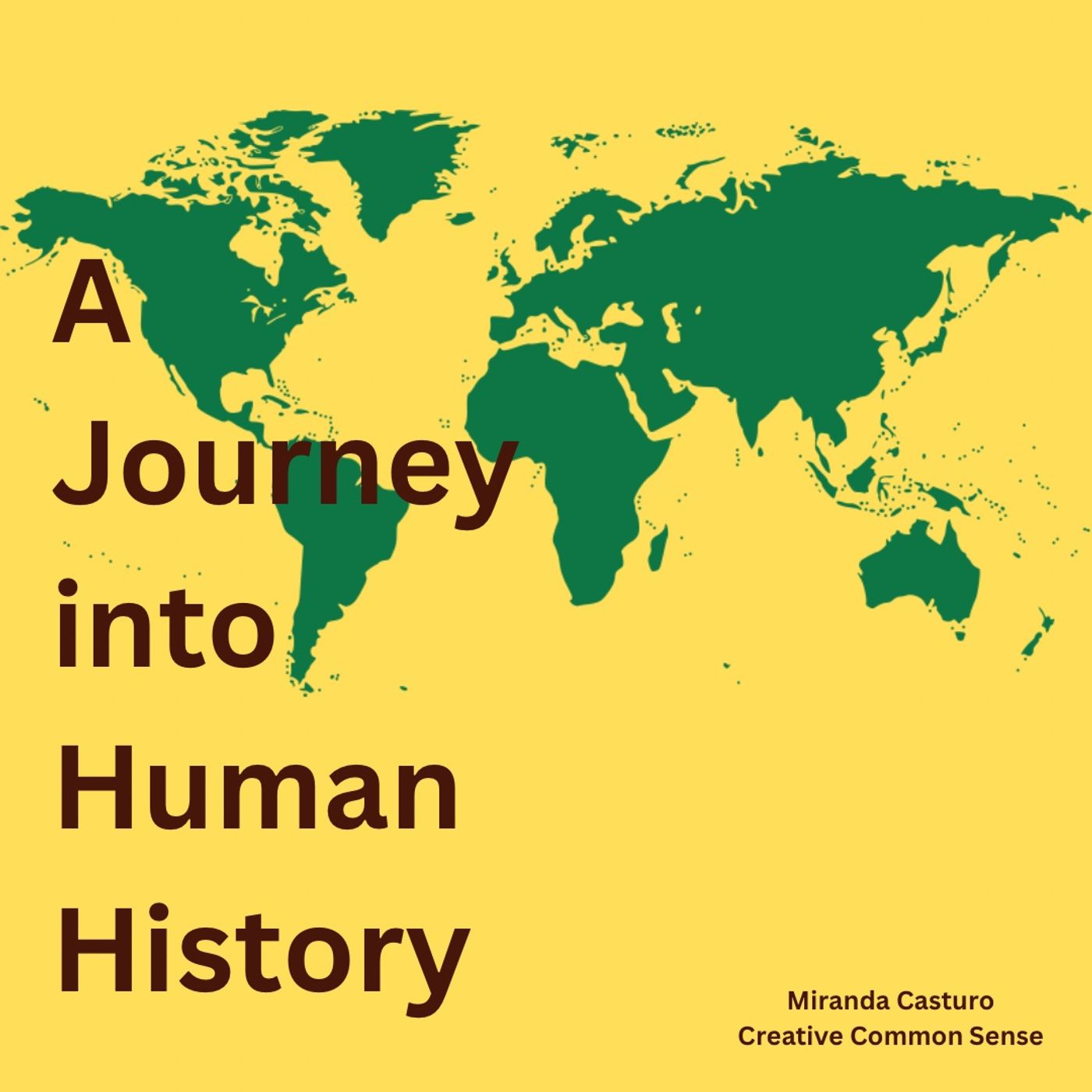Crossing the Atlantic
Description
With the fall of Constantinople to the Ottomans in 1453, Europeans found themselves forced to deal with Muslim middlemen to access the prized goods of South and East Asia. European countries thus began seeking an all-water route to the eastern lands they called the Indies, aided by navigational technologies from the Middle East and motivated by religious zeal and desire for profit. The Portuguese were the first to explore the Atlantic, claiming islands off the coast of Africa and voyaging down its western shore. In 1488, the Portuguese explorer Bartolomeu Dias rounded the Cape of Good Hope at the southern tip of Africa.
The Spanish monarchs Isabella I of Castille and Ferdinand II of Aragon financed the voyages of Christopher Columbus, who landed in the Caribbean in 1492 believing it was part of the Indies. He did not find great wealth there, but Spanish exploration continued. Hernán Cortés conquered the wealthy Aztec Empire in Mexico and Francisco Pizarro the silver-rich Inca Empire in Peru.
To protect their respective interests, in 1494 Spain and Portugal negotiated the Treaty of Tordesillas, which drew a line through the Atlantic awarding the Americas, with the exception of Brazil, to Spain. Animals, foods, and other resources flowed in both directions along the Columbian Exchange, forever altering the culture and economies of North and South America, Europe, Asia, and Africa. Diseases also traveled west with the Europeans and wiped out as much as 95 percent of the Indigenous peoples in the Western Hemisphere. Both Europeans and Indigenous peoples had developed rich, diverse, and vastly different cultures, societies, and religions prior to contact.
All images referenced in this podcast can be found at https://openstax.org/books/world-history-volume-2/pages/5-2-crossing-the-atlantic
Welcome to A Journey into Human History.
This podcast will attempt to tell the whole human story.
The content contained in this podcast was produced by OpenStax and is licensed under a Creative Commons Attribution License.
Access for free at https://openstax.org/books/world-history-volume-2/pages/1-introduction
Podcast produced by Miranda Casturo as a Creative Common Sense production.
More Episodes
Over the course of the eighteenth century, a series of famines and economic crises deepened wealth inequality and narrowed access to political power on both sides of the Atlantic. As the growing influence of the public sphere and Enlightenment ideas of equality and liberty shaped opposition to...
Published 12/25/23
Published 12/25/23
Over the course of the seventeenth and eighteenth centuries, the public sphere became an increasingly important component in the spread and development of Enlightenment ideas. As networks of informal socialization and intellectual exchange, coffeehouses provided a setting in which people from all...
Published 12/22/23


